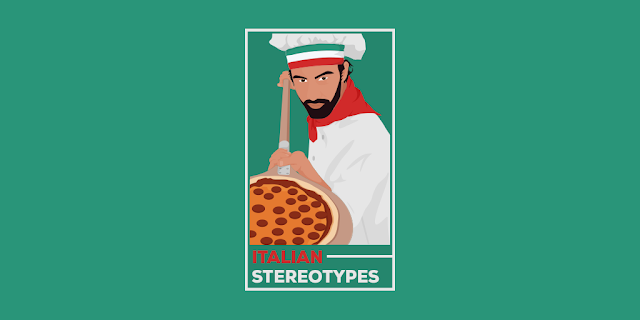We’ve seen and heard many different things about Italians all over the world. However, is it all true? Without doubts lots of them are basically stereotypes. And what does it mean? In sociology “stereotype is a simplified and standardized conception or image invested with special meaning and held in common by members of a group.” I want to mention some stereotypes about Italian and verify whether one is true or not.
First of
all, in every part of the world, people associate Italians with pasta, the
stereotype is that they eat the greatest amount of it. And indeed, it’s true, because they are the real lovers of
pasta and they cook it the best. Factual and statistical information has
documented that they consume 28kg of pasta per person per year. They have pasta
at least once a day. While when it comes to pizza, a second typical dish coming
from Italy, it’s not true they eat it so often as well. Just once a week..
More to the point, un vero italiano must know each kind of pasta:
Another
stereotype: an Italian man lives for a long time with his mum. In Italian an
adult man who
remains emotionally and physically dependent on his mother is called: mammone.
According to a December 2018 Eurostat report, 72.7 percent of adult Italian men (of 18
to 34 years old) still live with mothers who get them dinner on the table every
day, while for women, the number is 59.8 percent, although most of them would prefer
living alone or with roommates.
Third the
most common stereotype: Italians are lazy. And I think it’s a classical
stereotype which has nothing to do with reality. Italians are different in the
North and in the South also in regard to working attitude. In the North of
Italy they are extremely hardworking, in contrast, in the southern part they
will say piano piano (very slowly, bit by bit), when they have to do
something and that’s the reason of calling them fannulloni (taken from far
niente- do nothing). However, statistics show that they are good
entrepreneurs and have one of the best economies, so a few lazy people shouldn’t
be associate with an entire nation.
That’s all
for today, come back to see more about Italian culture!



Komentarze
Prześlij komentarz